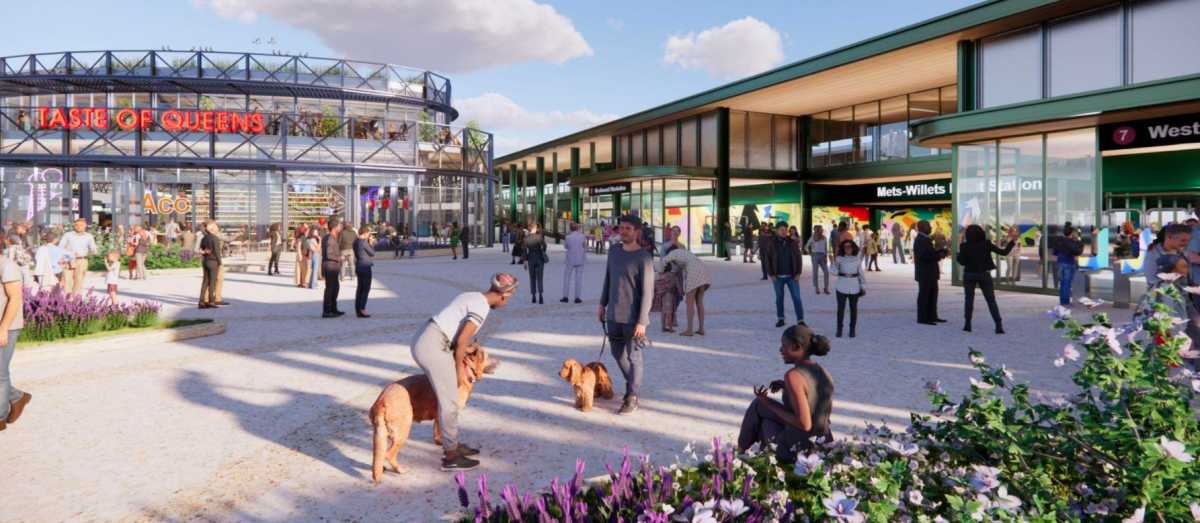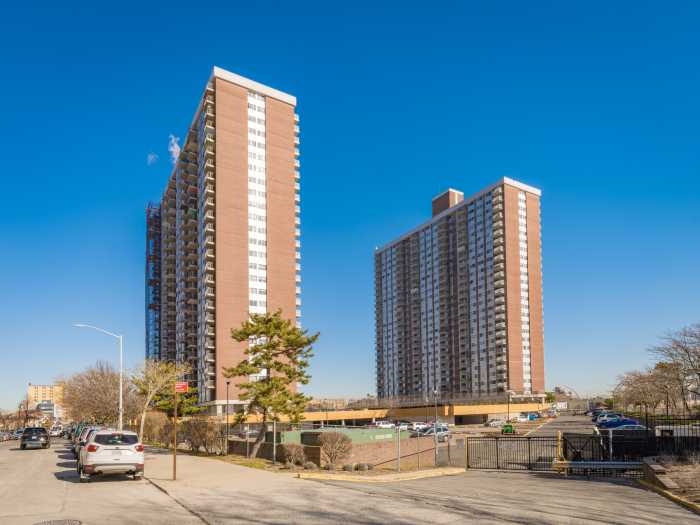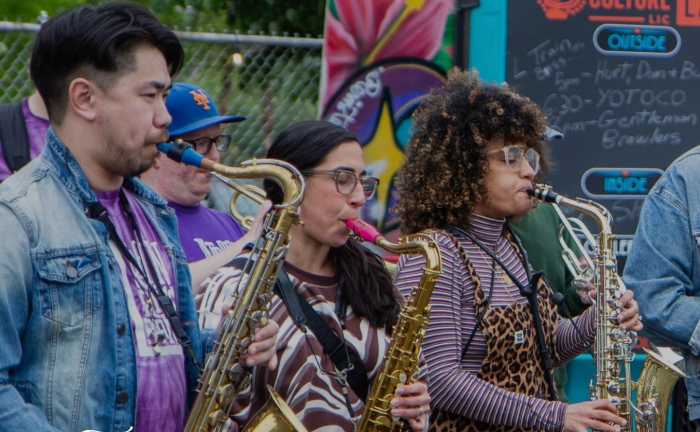The New York State Assembly has overwhelmingly approved legislation that would allow Mets owner Steve Cohen and Hard Rock International to transform 50 acres of Citi Field parking lot into Metropolitan Park, an $8 billion entertainment complex anchored by a casino.
On Tuesday, lawmakers voted 134-11 in favor of a parkland alienation bill that would reclassify the parking lot—currently designated as public parkland—into commercial property. The reclassification is a critical step toward advancing the ambitious development proposal, which sits adjacent to Citi Field in Queens.
Assembly Member Larinda Hooks, who introduced the bill, called the project a “once-in-a-generation” opportunity for the local community.
Plans for Metropolitan Park include a 25-acre public park, new shops and restaurants, a Taste of Queens food hall, and a full-scale redevelopment of the Mets-Willets Point subway station, along with improvements to roads and bike paths. The proposal also features a Hard Rock resort and casino, a key revenue-generating component of the project.
According to the development team, the project is expected to generate 23,000 union jobs and deliver $1 billion in community benefits for Queens.
Although the proposed development area is an asphalt parking lot, it is legally designated as city parkland, meaning the city needed to approve zoning text and city map amendments before the project could proceed. The state legislature must also approve a parkland alienation bill reclassifying the 50-acre site as commercial property if the project is to be successful.

The New York City Council previously voted 41-2 in favor of the related land use amendments in March as part of the city’s Uniform Land Use Review Procedure (ULURP). The State Assembly’s overwhelming approval of the parkland alienation bill now brings the Metropolitan Park project one step closer to reality.
Karl Rickett, spokesperson for Metropolitan Park, called Tuesday’s Assembly vote a major milestone for the proposal.
“For decades, these 50 acres of asphalt have only been parking lots,” Rickett said. “The overwhelming Assembly approval brings us one step closer to delivering 25 acres of actual public park space, 23,000 union jobs, new entertainment options, and over $1 billion in community benefits for Queens.”
Assembly Member Jessica González-Rojas, who voted in favor of the bill, cited the wide-ranging benefits the project could bring to the community.
“I voted in favor of the project because it would bring much-needed public park space, retail, entertainment, hospitality, child care, and community facilities to the area, in addition to the proposed casino,” González-Rojas said.
She emphasized that the legislation applies only to the 50 acres of asphalt parking lot adjacent to Citi Field and does not remove any existing green space.
“Though still technically designated as parkland, they have never functioned as actual park space,” she added.
The next critical step lies with the State Senate, where companion legislation has been introduced by State Senator John Liu. However, State Senator Jessica Ramos, who represents the district where the project would be located, has long refused to sponsor the bill—leaving the Senate’s vote in question.
Even if the Senate ultimately approves the alienation legislation, it would not guarantee that development will proceed on the Citi Field-adjacent site, as the project still faces additional hurdles, including the state’s casino licensing process and community review.

The $8 billion Metropolitan Park proposal hinges on the project winning one of the three downstate casino licenses approved by state legislators. The New York State Gaming Commission will decide who receives the three licenses.
Two of the three downstate licenses are expected to be handed to existing “racinos” – which have slot machines and horse racing but no traditional casino table games – making competition for the final gaming license fierce. Other projects vying for a downstate casino license have outlined proposals at Times Square, Hudson Yards, the United Nations, Coney Island, and the former Trump Links golf course in the Bronx, among other locations.
Representatives of the Metropolitan Park project have previously stated that the development will not proceed unless it wins one of the three downstate licenses.
State officials are expected to award downstate gaming licenses to the three successful projects by the end of 2025.
Gonzalez-Rojas noted as much in her statement explaining her vote, stating that the Assembly’s vote does not approve any casino in the area.
“It simply permits a broader range of uses for the site—including a 25-acre public park, retail, and hospitality venues—if and only if the New York State Gaming Commission grants a license through its rigorous multi-step review and approval process,” Gonzalez-Rojas said in a statement.



































